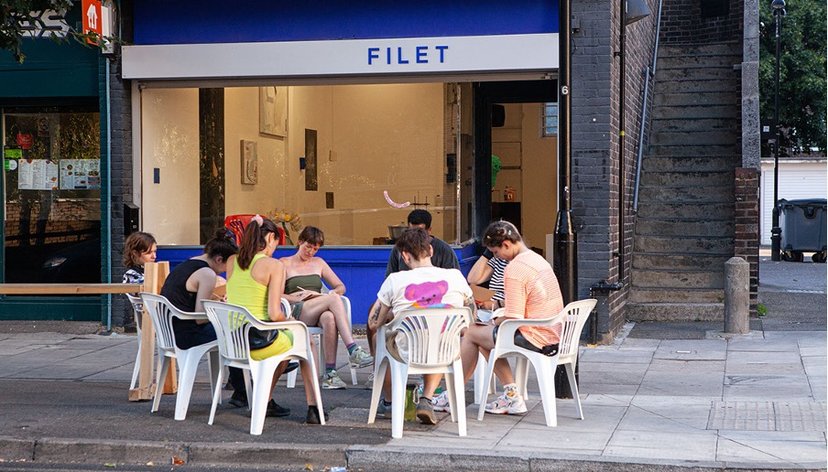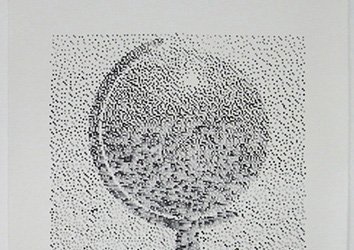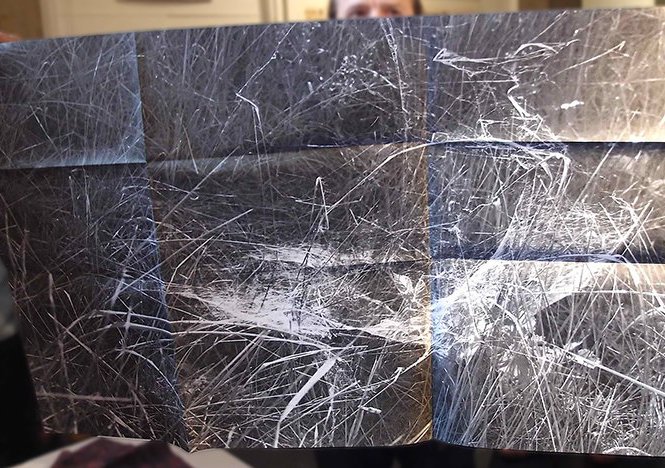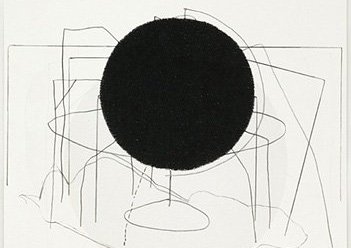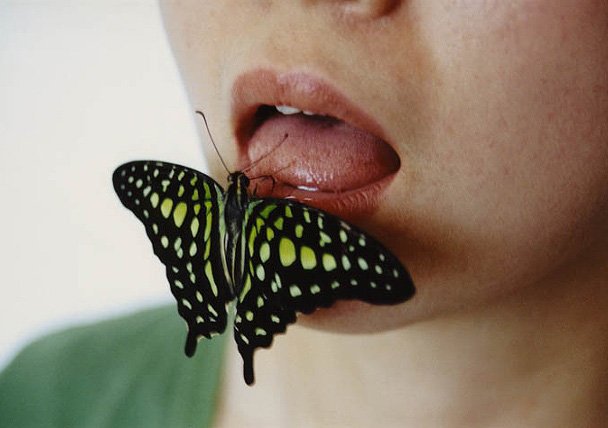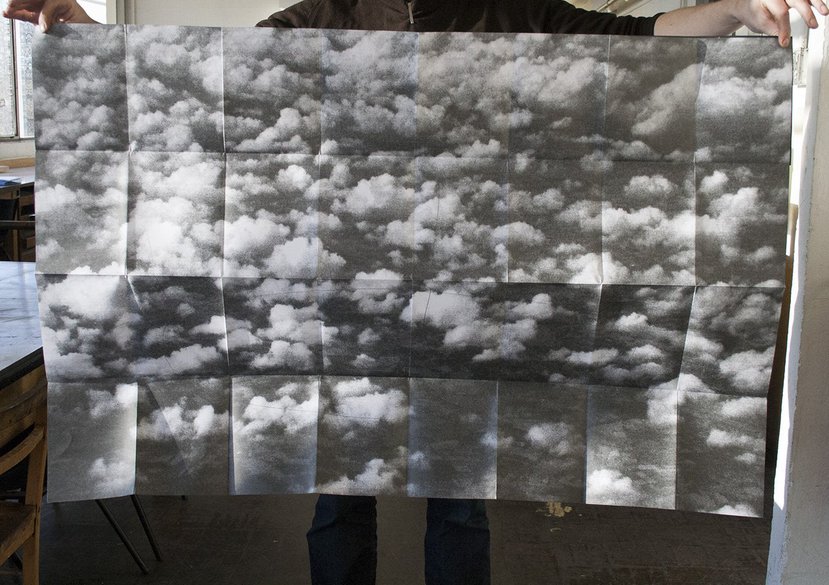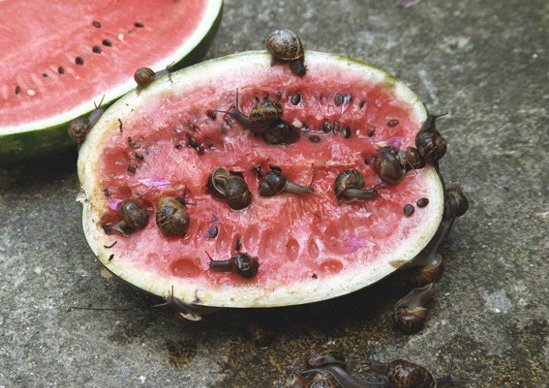
Finlay’s work explores natural phenomena and landscape, often engaging with specific sites and species.
Finlay attended Exeter College of Art, Croydon College of Art & Design and Wimbledon School of Art, where his formal art training focused on print media and book art.In 1999, Taylor established Pupa Press to produce his own book works and multiples and collaborate with invited artists. These collaborative works often accompany curated projects, with commissioned books of original works acting, in a sense, as portable exhibitions. In 2003, he was awarded the Boise Travel Scholarship to journey to the roosting sites of the Monarch butterfly in the Sierra Madre Mountains in Mexico. In 2016 Finlay was part of a successful Daiwa Foundation bid titled ‘Future Print Story’ led by Dr Nicky Coutts, this bid enabled travel and research in Japan and led to a group exhibition ‘Particular Conditions’ in Tokyo, Kyoto and London. Finlay curated this exhibition of 67 international artist badges. Finlay also directs the millimetre space currently operating at Kingsgate Projects in London. This is a site for group exhibitions housed in a single picture frame.
He has exhibited widely and his work can be found collections including: Tate Britain, London; the Victoria and Albert Museum, London; Yale Centre for British Art, USA; Oxford Brookes University, UK; University of the West of England, UK; Dundee Contemporary Arts, UK; Duncan Jordanstone Book Art Archive, UK, and the British Library.
Key details
School, Centre or Area
Expertise
Gallery
More information
Practice
Finlay’s practice explores how we understand and relate to notions of ‘the landscape’, examining the geographies, species and sites the term encompasses. In doing so, his works engage with the complicated histories of the places and things depicted; the changing nature of scientific knowledge and our shifting relationships to the habitats we live in and encounter.
